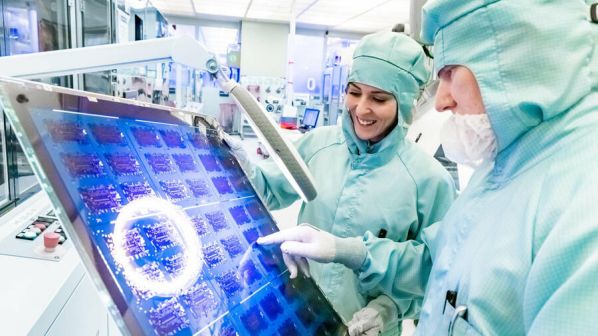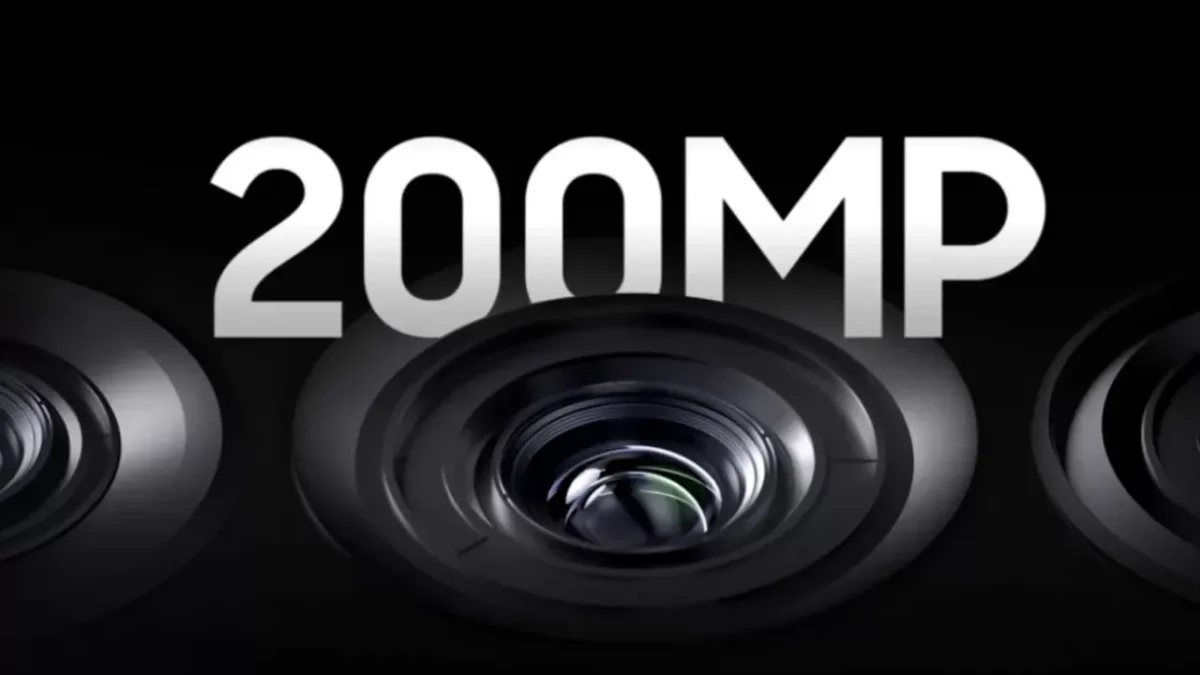TECH

Europe does not advance in the chip market
Mainland companies are sounding the alarm because they think efforts to catch up with the local chip industry are too slow.
According to leading industry representatives, the chip industry catch-up announced by the European Union at the beginning of the year is not progressing fast enough or adequately. “Europe is world champion in ads and dwarf in implementation,” Andreas Gerstenmayer, head of Austrian technology group AT&S, told Handelsblatt. AT&S supplies so-called IC substrates to the semiconductor industry. These are the switching elements between the circuit board and the chip. The company's best-known customer is Apple.
The EU has been debating support for the semiconductor industry for months, to no avail. Meanwhile, other nations have already adopted billion-dollar aid programs. “We are being overtaken by the left and the right, and countries like South Korea or Japan, which are smaller than the EU,” criticized Gerstenmayer at the slowness of decision-makers. The chip law proposed by the European Commission, which would allow 43 billion euros of support, is still too little, according to the manager, because the amount is too small to make a difference on a global scale.
Time is running out. The world's leading chip companies are now deciding where to invest their billions in the coming years. So far, Europe has played only a small role in their plans. For example, Taiwan Semiconductor Manufacturing Co. Ltd. (TSMC) recently announced plans to build another factory in the United States of America. The semiconductor industry's biggest third-party manufacturer is already building a $12 billion Arizona plant. The Taiwanese are also investing $7 billion in a new Japanese website.
Of course, Europe can also record successes. This year, Intel and Infineon announced billions worth of new factories in Germany. However, the investments planned by chipmakers depend on whether the billions earmarked for the chip law actually come in. “We have the right funding,” said Jochen Hanebeck, CEO of Infineon. The company wants to spend five billion euros on the new plant. Hanebeck added: "We are in contact with the authorities." If the company manages to reach an agreement with the state on financial support, the machines could start operating next fall. Frank Bösenberg, managing director of the Silicon Saxony industry association, demanded that the European Union agree to the chip law very quickly, because dozens of such factories are needed on the continent. A senior German government official has warned that support for the semiconductor industry cannot remain at the preaching level.
The new plants planned so far in Europe are not enough to reach the target set by the President of the European Commission, Ursula von der Leyen. According to her, by the end of the decade, 20% of all chips in the world will come from European factories, more than twice as many as now. As leading market researchers predict that the semiconductor market will grow rapidly in parallel, the EU is expected to quadruple its capacities by 2030. The aim is to make Europe less dependent on deliveries from the Far East. For nearly two years, the automotive industry has suffered from a lack of capacity among contract manufacturers in Asia.
In addition to the chip law, there is another funding program, the IPCEI Mikroelektronika, which supports chip industry projects important to Europe. By the end of last year, the German government had already selected 32 local programs and submitted them to Brussels for approval. According to government sources, the European Commission should have given the green light to the projects in question no later than autumn or winter. However, the federal government expects the permits in the first quarter of 2023 at the earliest. “You can't blame the committee, because Brussels is constantly connected to it because of the energy crisis,” said a government official. On the other hand, one must question how the desire to achieve technologically and the long waiting time are compatible with each other.
Meanwhile, some experts have warned against subsidizing facilities that Europe does not need because there is no market. “Intel's new factory in Magdeburg, for example, doesn't have enough customers in the EU,” said Alan Priestley, an employee at market research firm Gartner. The reason for this is that the production of electronic products is only competitive in Asia due to lower wages. Starting in 2027, Intel wants to manufacture its current most advanced processors in Germany, which are mainly used in computers and smartphones. According to the company's reasoning, the world market will be served from Saxony-Anhalt. And buyers of these highly sophisticated chips are obviously very interested in purchasing components from all regions of the world.
AT&S is currently undergoing a major expansion of its headquarters in Leoben, Austria. It is investing 500 million euros in a research and development centre. Gerstenmayer left open the question of whether the company would expand further in his country: “We are examining whether we should invest in the US within the framework of US chip law. Conditions are now extremely attractive.”
mundophone

No comments:
Post a Comment